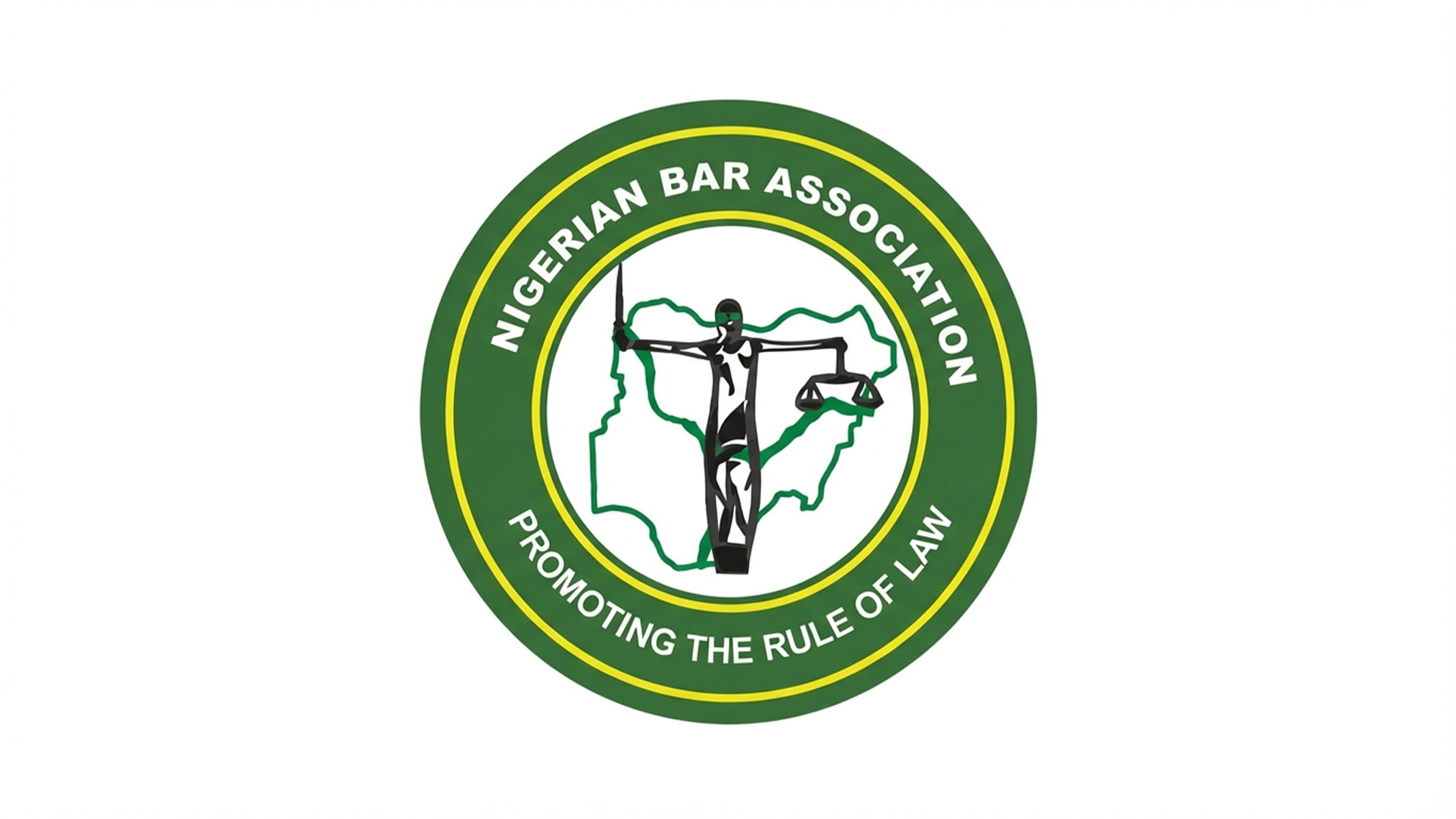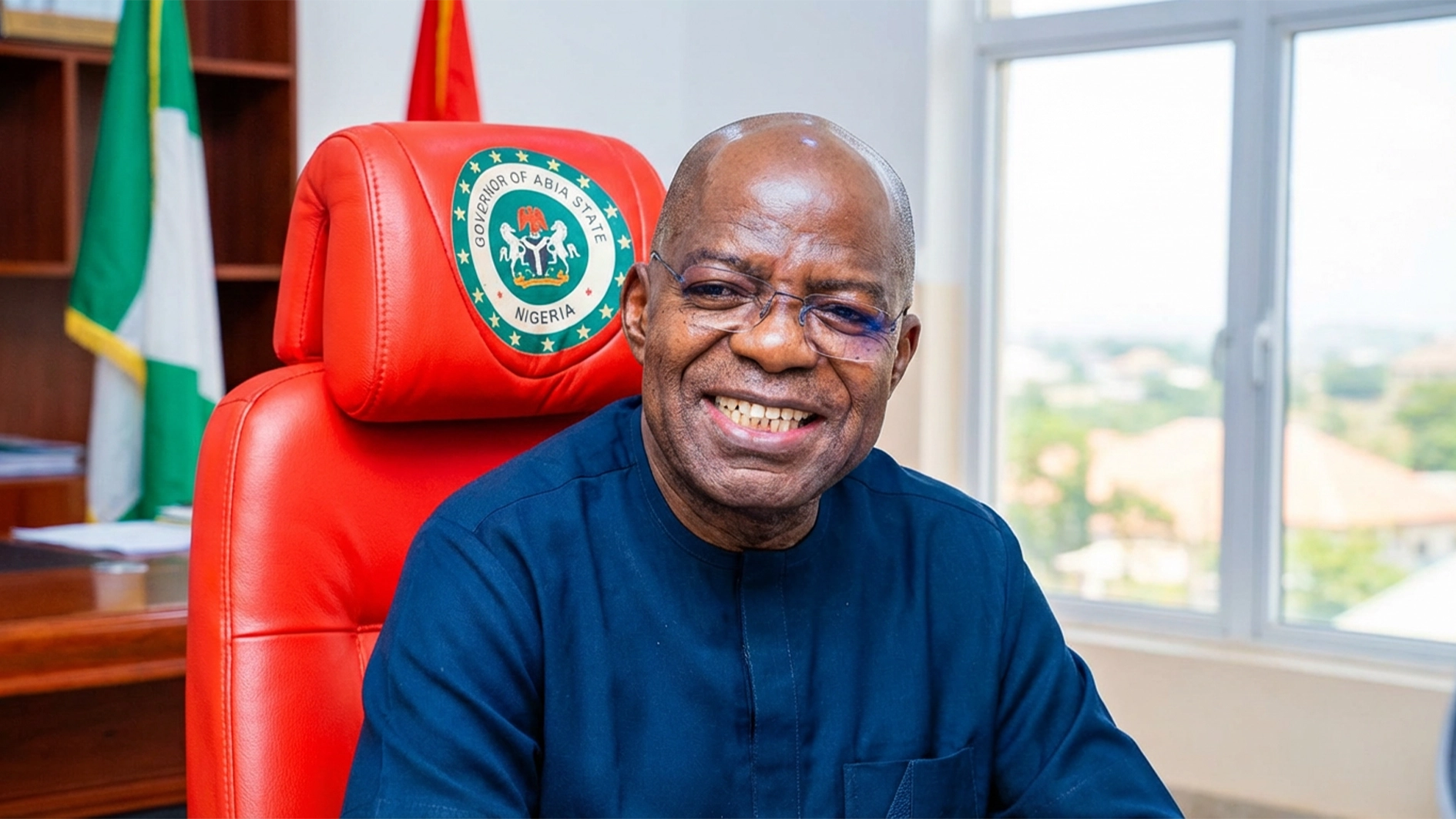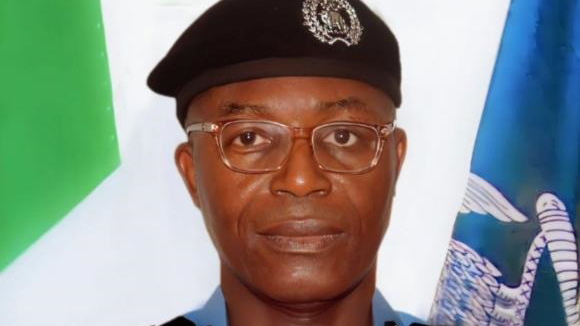Ahead of the November 8 Anambra governorship election, the European Union Support to Democratic Governance in Nigeria (EU-SDGN II) has called for the exclusion of non-statutory security outfits, including vigilantes, from election security roles.
It stressed that there is no legal basis for non-state security outfits to be included in the conduct of the exercise, billed for next Saturday.
It also called on security agencies and officials of the Independent National Electoral Commission (INEC) to be more proactive in detecting and apprehending offenders on election day.
These are part of the 66 recommendations of the EU partners, comprising 16 Nigerian civil society organisations.
In a press conference and presentation of Joint EU-SDGN II partners’ pre-election assessment report in Abuja on Thursday, Executive Director, International Press Centre (IPC), Lanre Arogundade, raised the alarm that voter apathy, vote-buying, restriction of campaign activities due to insecurity, misuse of vigilante groups, and gender-blind media coverage are of serious concern.
Arogundade proposed urgent next steps including: enforcing strict penalties for vote buying, with security agencies and the Independent National Electoral Commission (INEC) officials acting more proactively in detecting and apprehending offenders during campaigns and on election day, deploying election observers and security personnel to monitor and prevent voter suppression, and establishing real-time election day verification desks to debunk fake news and premature result announcements.
Other key recommendations include strengthening election logistics to ensure timely delivery of materials, establishing clear protocols to prevent infiltration and misuse of non-conventional security groups, and integrating gender-sensitive protocols into election security operations.
The report also highlighted the need for stricter enforcement of electoral laws, better coordination among security agencies, and enhanced voter education campaigns to discourage vote-buying and misinformation. It emphasised that the credibility of the Anambra election will not be judged solely by the votes counted, but by the inclusivity and safety of the process.
According to its findings, Anambra’s political landscape remained highly competitive, with the All Progressives Grand Alliance (APGA), the People’s Democratic Party (PDP), the All Progressives Congress (APC), and the Labour Party (LP) emerging as key contenders.
However, the report flagged concerns about the fragility of electoral infrastructure, especially following incidents of violence during the recent August 2025 by-election.
“Enforcing penalties for vote-buying and other electoral crimes is central to restoring citizens’ confidence in Nigeria’s elections.
“We call on INEC, security agencies, and the EFCC to be proactive in detecting and apprehending offenders during campaigns and on election day,” Arogundade said.
The Guardian reports that the pre-election report, which covers developments between June and September 2025, was conducted under the EU-SDGN II’s six-component framework supporting INEC, the National Assembly, Judiciary, political parties, the media, women, youth, persons with disabilities (PWDs), and civil society.
The EU-SDGN partners urged the electoral commission to enhance its logistics operations, ensure the swift distribution of election materials, and deploy well-trained personnel to avoid disruptions. They emphasised that “transition plans must translate into field efficiency — elections should start on time, equipment must function correctly, and every voter must have the chance to vote.”
The assessment found that journalists covering election activities in Anambra have experienced harassment, intimidation, and limited access, especially in high-risk areas.
To address this, the partners proposed creating a state-level Media-Security Desk with clear communication pathways to ensure accredited journalists can safely reach polling stations and collation centres.
Regarding gender inclusion, the EU-SDGN report recognised Anambra’s tradition of women’s leadership but expressed concern over their low participation in the upcoming election—only two of the 16 governorship candidates are women. The report also noted that media coverage remains largely gender-insensitive, while female politicians continue to suffer online harassment and face bias within party systems.
The implementing partners are DAI Global Belgium SRL; International Institute for Democracy and Electoral Assistance (International IDEA); the Youth Initiative for Advocacy, Growth and Advancement Africa (YIAGA Africa); Policy and Legal Advocacy Centre (PLAC); the Kukah Centre; and International Press Centre (IPC).
Others are; Centre for Media and Society (CEMESO); the Albino Foundation Africa (TAF Africa); Nigerian Women Trust Fund (NWTF); ElectHER; SOS Children’s Villages; Civil Society Legislative Advocacy Centre (CISLAC); Corporate Accountability and Public Participation for Africa (CAPPA); Justice, Development and Peace Makers’ Centre, Osogbo; Justice Development and Peace Initiative, Ekiti; and Justice, Development and Peace Movement.






